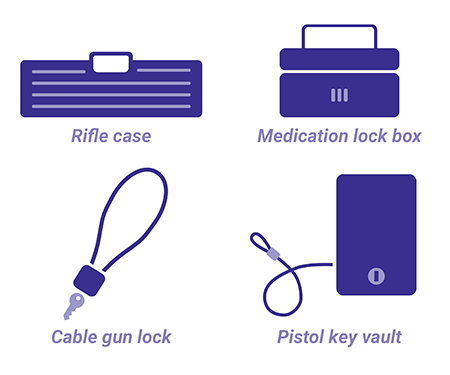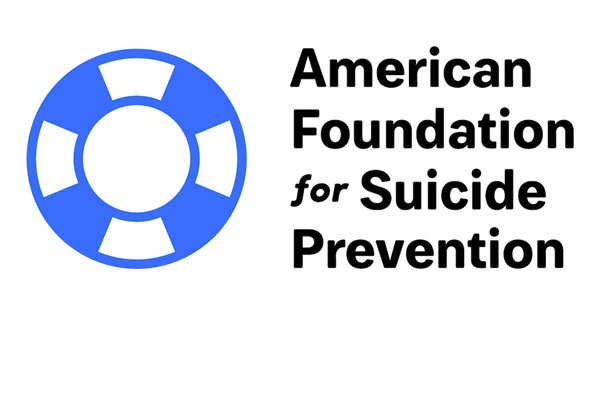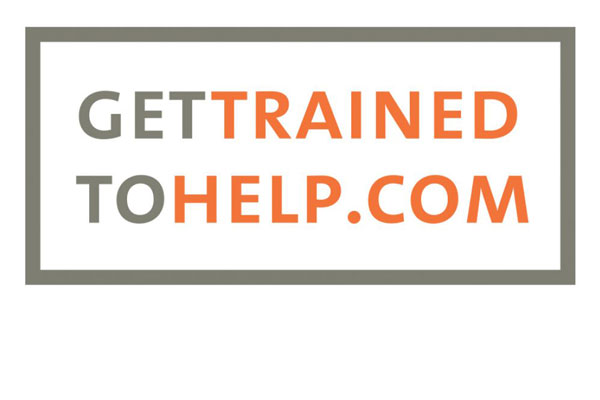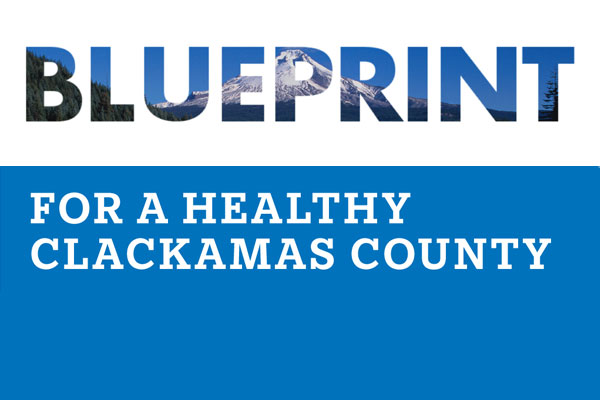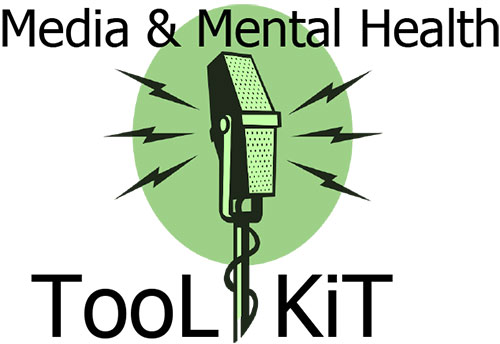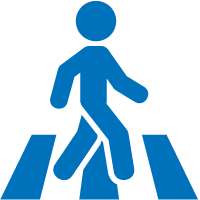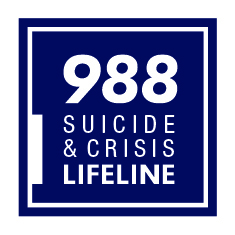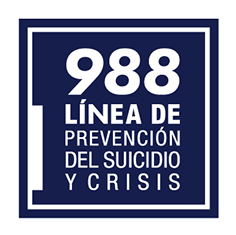Article I - Name and Offices
The name of this advisory council, authorized by Oregon Revised Statutes (ORS), chapter 430, shall be known as the Clackamas County Mental Health and Addictions Council (Council), office address: 2051 Kaen Road, Oregon City, Oregon 97045.
Article 2 - Purpose
The Council Shall:
Section 1
Serve as an advisory body to the Clackamas County Board of County Commissioners and Director of Clackamas County Behavioral Health on community needs, gaps in services, barriers, and priorities related to providing mental health and addictions services in the County.
Section 2
Review grant proposals or other funding requests for state funds as required by ORS 430.350, and other grant requests as feasible.
Section 3
Review and comment on preliminary budget requests to the Board of County Commissioners by the Behavioral Health Division for mental health and addictions services.
Section 4
Participate in assessing the effectiveness of mental health and addictions services in Clackamas County and seek input from consumers, general public and service providers on services needed and how to improve existing services.
Section 5
Provide a link to the community at large through advocacy, public information, and education.
Section 6
Review and comment on applications of new service providers.
Section 7
Promote the provision of services to individuals without regard to age, race, sex, color, disability, sexual orientation, gender identity, political or religious beliefs, national origin, marital status or ability to pay.
Article 3 - Membership
Section 1
The Council shall have no fewer than nine (9) and no more than twenty-one (21) members appointed by the Clackamas County Board of County Commissioners. At least 20 percent of the membership of the Council shall be consumers with representation balanced by age in accordance with ORS 430.075.
Section 2
The Council shall consist of individuals who:
- 2.1 - Reside within the boundaries of Clackamas County.
- 2.2 - Are consumers, family members of consumers or individuals who have a demonstrated interest in mental health and addictions services, or representatives of community organizations who will help to enhance the leadership role of the Council in developing community-based systems of services.
- 2.3 - Represent geographic and ethnic diversity of the County.
Section 3
MEMBERSHIP TERMS: A membership term is three (3) years and a member is limited to two (2) terms. Subsequent terms may be recommended by a majority vote of Council members present at a regular Council meeting. A term begins on the first day of the month that the member is approved, and ends on the last day before the anniversary date. Terms may be staggered to avoid excessive term expiration in any year.
Section 4
VACANCIES: A vacancy occurs when a Council member’s term expires, or when a Council member moves out of the service area, dies, resigns or is removed.
Section 5
REMOVAL: A member may be removed whenever the best interests of the County will be served. Best interests include but are not limited to instances where a member has failed to declare an actual or potential conflict of interest, or when a member has acted contrary to Council directives or applicable laws including these Bylaws. The member whose removal is placed at issue shall be given prior notice of removal, and a reasonable opportunity to appear and be heard at a meeting of the Council. A member may be removed pursuant to this section by a vote of a majority of the total number of members then serving on the Council.
Section 6
TRAINING: To carry out its duties and responsibilities the Council is responsible for identifying and assuring it meets its educational and training needs including orientation and training new Council members.
Article 4 - Officers
Section 1
OFFICES & RESPONSIBILITIES: The Council officers shall consist of a President, Vice-President and Secretary. The President shall preside over meetings of the Council, prepare and ensure that an agenda is distributed prior to each regular meeting, and shall serve as Chair of the Executive Committee and ex-officio member of all other committees. The Vice-President shall perform the duties of the President in that person’s absence. The Secretary will act as Chair of the Nominating and Screening Committee and will be responsible for monitoring meeting attendance and notifying the Executive Committee of excessive absences. All officers shall have such powers and shall perform such duties as prescribed by these Bylaws, resolutions or other directives of the Council.
Section 2
NOMINATION & ELECTION: The Secretary as the Nominating and Screening Committee chairperson shall be responsible for conducting the nominations and elections of the Executive Committee, comprised of Council officers and two additional members. Nominations will be presented at the May Council meeting. Additional nominations may be made from the floor. An election will be held at the June Council meeting. All officers shall be elected annually by majority vote of Council members present. Notwithstanding these provisions, at the time of the initial formation of the Council, nominations of officers shall be made at the first regular meeting, with elections to occur at the next regular meeting. Nominations may be made without regard to the general requirement that members have served on the Council for a minimum of six months before eligibility for nomination as provided in, Article 6, section 1.
Section 3
TERM OF OFFICE: The term of office shall be one (1) year, or any portion of an unexpired term. A term shall start July 1 and terminate on June 30 of the following year, or shall continue until a successor has been elected. Officers may serve two consecutive full terms.
Section 4
VACANCIES: Vacancies created during the term of an office shall be filled for the remaining portion of the term by special election at a regular meeting in accordance with this Article.
Article 5 - Meetings
Section 1
OPEN MEETINGS: All regular and special Council meetings shall conform to Oregon Public Meetings Law (ORS 192.610 to 192.690).
Section 2
REGULAR MEETINGS: The Council shall hold at least eight (8) monthly meetings per year beginning at the time and place designated in the notice for such a meeting. The time, place and location of the meetings shall be made known to the public by advertising or posting such notice and such notice shall be given to each Council member at least seven days in advance of the meeting date. When mailed and properly addressed, notice shall be deemed to have been given twenty-four (24) hours after it has been deposited in the United States Mail, postage paid.
Section 3
SPECIAL MEETINGS: Special meetings may be called at any time by email, phone or in person by the Council President or a majority vote of the members then serving, or in response to a request by the County. Special meetings shall be held upon notice delivered by mail, email, telephone or personally to all Council members at their residence or usual place of business not less than seven days before the day of the meeting and specifying the place, day, hour and general purpose of such a meeting.
Section 4
VOTING: A majority of current Council members shall constitute a quorum for the transaction of business at any meeting of the Council. If a quorum is present, the vote of the majority of the Council members present and entitled to vote shall be the act of the Council. Each member shall be entitled to one (1) vote. No proxy votes shall be accepted.
Section 5
MINUTES: Minutes must be taken at each regular and special Council meeting. The minutes shall be reviewed and approved at each regular Council meeting. Minutes shall be stored and retained in accordance with Oregon Public Records Law.
Section 6
RULES OF ORDER: Meetings shall be conducted using the latest edition of the general guidelines of Robert’s Rules of Order Newly Revised.
Section 7
ATTENDANCE: Council members shall attend all Council regular and special meetings and committee meetings to which members are assigned. Any absence must be reported to the President or the staff liaison prior to the scheduled meeting. If a member is absent for three consecutive meetings without prior notification the member’s term will be deemed expired and a vacancy will occur. The Council may establish criteria for a policy that allows members to appear by telephone or other means of electronic communication in lieu of a personal appearance.
Article 6 - Committees
Section 1
NOMINATING AND SCREENING COMMITTEE: The Council shall designate a Nominating and Screening Committee as a standing committee comprised of three members, in addition to the committee Chair. Members of the Nominating and Screening Committee shall be elected annually from a list of Council volunteers by a majority of Council members present. To be eligible, members shall have served on the Council for a minimum of six months to insure their understanding of Council duties and responsibilities. All members of the committee shall hold office for one (1) year with a maximum of three (3) years or until a successor is elected. The Committee shall select and nominate officers for the Council, with the concurrence of the Executive Committee. In addition, it will interview candidates for appointment or reappointment to the Council and ensure training and orientation with concurrence of the Executive Committee. Final recommendations will be made to the Council for action.
Section 2
EXECUTIVE COMMITTEE: The Council shall have a standing Executive Committee composed of the President, Vice-President, Secretary, and two (2) other members. The Executive Committee shall coordinate the activities of all committees, set the agenda for the Council meetings and perform such other duties as authorized and directed by the Council. It shall meet monthly, or as needed, and maintain written minutes of all regular and special meetings which shall be reported at the next regular meeting of the Council.
Section 3
AD-HOC COMMITTEES: The Council will identify goals annually to provide direction and focus for the formation of Ad-Hoc Committees to address particular issues and tasks. Ad-Hoc Committees may be established by the Council as needed. Once an Ad-Hoc Committee has completed assigned tasks, it shall cease to exist. A majority of the members of each Ad-Hoc Committee shall be Council members. Membership may also include individuals from the community chosen for their expertise and knowledge and concern about a specific issue or a field of endeavor.
Article 7 - Conflict of Interest
Section 1
Oregon’s Government Standards and Practices (Oregon Revised Statutes (ORS), Chapter 244) govern Council members’ conduct as public officials. Council members are required to follow the code of ethics set forth in ORS 244.040 and are prohibited from engaging in Actual Conflicts of Interest and must declare Potential Conflicts of Interest as those terms are defined in ORS 244.020. Members are to refrain from:
- 1.1 - Using her/his Council appointment in any way to obtain financial gain for the Council member, a person in the member’s household or relative, or for any business with which the Council member or a person in the member’s household or relative is associated.
- 1.2 - Taking any action on behalf of the Council, the effect of which would be a financial gain or loss to the member or a person in the member’s household or relative.
Section 2
ACTUAL CONFLICT OF INTEREST: No member of the Council shall participate in any discussion or vote in a situation where an actual conflict of interest exists for that member, a person in the member’s household or relative. An Actual Conflict of Interest exists if any action or any decision or recommendation by a Council Member wouldresult in financial benefit to that member, a person in the member’s household or relative. When an Actual Conflict of Interest exists the member must immediately declare the conflict orally to the Council President and explain the nature of the conflict in writing. Both the declaration and the nature of the conflict must be noted in the minutes of the next scheduled Council meeting.
Section 3
POTENTIAL CONFLICT OF INTEREST: When a potential conflict of interest exists a Council member must immediately declare the conflict of interest orally to the President and explain the nature of the conflict in writing prior to participating in any discussion, debate or vote on the issue at committee or Council level. Both the declaration and the nature of the conflict must be noted in the minutes of the next scheduled Council meeting. A Potential Conflict of Interest exists if any action or any decision or recommendation by a Council Member couldresult in financial benefit to that member, a person in the member’s household or relative.
Section 4
MEMBER CHALLENGE: In addition to a Council member declaring a conflict of interest, any Council member may challenge any other member (s) as having a conflict of interest. It shall be the responsibility of the Council President to identify any conflict of interest, either by declaration or challenge.
Section 5
DETERMINATION OF POTENTIAL CONFLICT OF INTEREST: The determination of whether a potential conflict of interest exists shall be made at a Council meeting by recorded roll call vote prior to the Council’s further consideration at committee or Council level of the issue from which the conflict arises. The Council member(s) at issue shall not participate in the roll call vote.
Article 8 - Compensation
No payment shall be paid to a member for services as a member of the Council whether actual or in-kind and a member is not entitled to reimbursement of expenses for services.
ARTICLE 9 – GENERAL PROVISIONS
Section 1
PUBLIC REPRESENTATION: Any form of public representation regarding the operation of Clackamas County Mental Health and Addiction Treatment programs may originate only from the Director of Clackamas County Behavioral Health, or designee, in consultation with the Board of Clackamas County Commissioners and the Council President. In accordance with Council direction, the Council President may act or speak on behalf of the Council. Otherwise individual members are not authorized to act or speak on behalf of the Council or County.
Section 2
RECORDS RETENTION: Records of the Council and its committees shall be retained in accordance with the administrative rules of the Oregon State Archivist.
Article 10 - Bylaw Adoption and Amendments
The bylaws may be repealed or amended, or new bylaws may be adopted at any meeting of the Council at which a quorum is present, by two-thirds (2/3) of those present and voting. At least twenty (20) days written notice must given to each member of the intention to alter, amend, repeal, or to adopt new bylaws, as well as the written alteration, amendment or substitution proposed. Bylaw amendments approved by the Council must comply with the authority granted in these Bylaws, Clackamas County policies, state and federal laws.
[Enacted; June 22, 2010]
 Translate
Translate


















